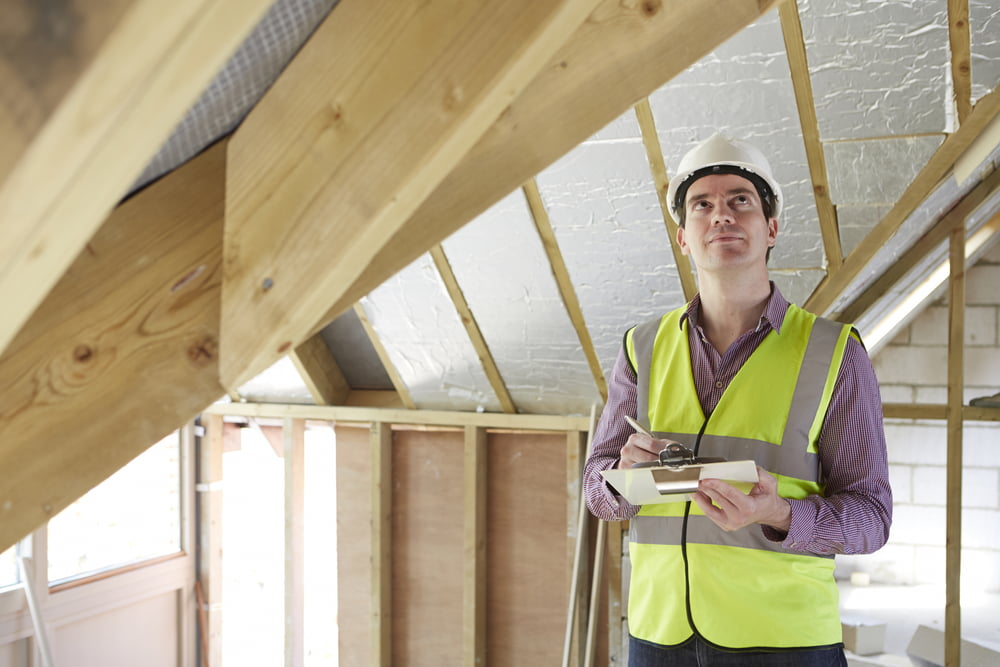Need A Building Inspector? How Do You Choose One?
Using a building and pest inspector can help you save a fortune by revealing significant damage to a house such as hidden termite damage, structural damage, or even hidden asbestos. Knowing in advance what any problems with the property are can be extremely helpful when negotiating a lower price, or even deciding upon whether you really want to bid on the property in the first place. Word of mouth and building inspector reviews are always a good place to start.
With something this important, you should always choose a fully qualified, experienced inspector with good insurance. But how can you be sure which inspector is the best person for the job? We’ve got a few handy hints and tips for researching and deciding which building inspector reviews your potential new Brisbane property.
Research
Finding a good building and pest inspector to help you make the right decision about a property is incredibly important—so how do you go about determining who is the right inspector for you?
Well, the answer is pretty simple—research, research, and more research! Make Google your best friend and become familiar with conducting an effective keyword search. You can do this by making a list of starting terms and then expanding that list using keyword search tools like the Google search suggestions.
After you’ve made a list of keywords that will help you research more effectively, conduct searches for the best building and pest inspectors in Brisbane and see what pops up. There are a huge number of companies in the Brisbane area, so narrowing down the candidates by reading reviews from previous customers is your best bet! Check out forums, sites that recommend various local companies, and the specific websites of companies that look promising—anything that may seem relevant.
Forums
Searching for the best forums for finding building and pest inspections will definitely help you narrow your search down. Forums are really handy when trying to find a professional, as you will find helpful reviews from customers, receive buyer-based advice, and learn tricks of the trade from people in the industry that will help you make the best possible decision.
A few good forums to start with, that will particularly hold building inspector reviews, include:
A website called One Flare also provides reviews of local building inspectors sorted by postcode. You can read reviews from hundreds of customers and see an overall satisfaction rating. Very handy!
Once you’ve decided upon a set number of companies, you’ll need to narrow them down further. You need to take a number of issues into consideration in order to make your final decision—these will give you a better idea of what to look for. Use the building inspector reviews and the information you’ve uncovered in your research with the requirements listed below to help you make an informed choice.
Basic requirements—what should you look for?
It’s important to remember that when a building inspector reviews your property for building and pest criteria:
- they must be fully qualified as a licenced builder, surveyor or architect according to Fair Trading. You shouldn’t be afraid to ask for details of their licence.
- the format and content of their inspection report should comply with the Australian Standard (AS 4349.1)
- they must have insurance, particularly professional indemnity insurance. This provides you with protection later on if you think they may have been negligent.
Basically, rule out any inspectors that don’t fit these three initial requirements.
Further considerations—narrowing it down
Aside from basic requirements listed above, there is a wide range of things that you’ll need to consider when attempting to choose a building inspector. Each of these will help you to identify how well the inspector knows their profession and how well they’ll perform the inspection. It’ll also help you to narrow down your list of potential inspectors. You’ll need to look at:
- the inspector’s background. Knowing what their training involved and how long they’ve been working as an inspector will indicate what experience they have and what they’re likely to look for.
- the tools they use—moisture detectors and even thermal imaging may be some of the implements used by the inspector to assess the property you’re interested in. If you determine which inspectors use which tools, you’ll have a greater understanding of what your inspection will entail.
- what geographical area they cover—inspectors familiar with your area will know what issues are common and what they need to look for. They’re also likely to know about specific builders, types of building, and the way homes need to be built to withstand local weather and ground conditions. They’ll also be able to provide information on local council specifications and building codes. Basically, you want an inspector that has experience in (and knowledge about) your area.
- what experience they have. Do they have the knowledge to deal with the issues that may arise with the property you need inspected?
- how long they tend to take on each inspection. Will you have enough time to go through the process of the inspection and the report as well as make a decision on the property?
This printable FREE checklist may assist you when it comes to questioning your potential inspector.
Understanding the limitations
While researching what a building and pest inspector can offer, it’s also important to understand that when a building inspector reviews your property, the inspection is not a failsafe method. Don’t trust inspectors who offer more than they should. You need to understand what an inspection entails; that an inspection is visual by nature and not necessarily intrusive. You can always ask that certain parts of the property be inspected, like visible signs of asbestos, or for confirmation of the existence of operable electrical safety switches or smoke alarms. If you want a more comprehensive inspection, you’ll most likely have to request one at an extra cost.
You should also be aware that an inspection report will not include an estimate of any repair costs or issues that are outside the expertise or experience of the inspector.

